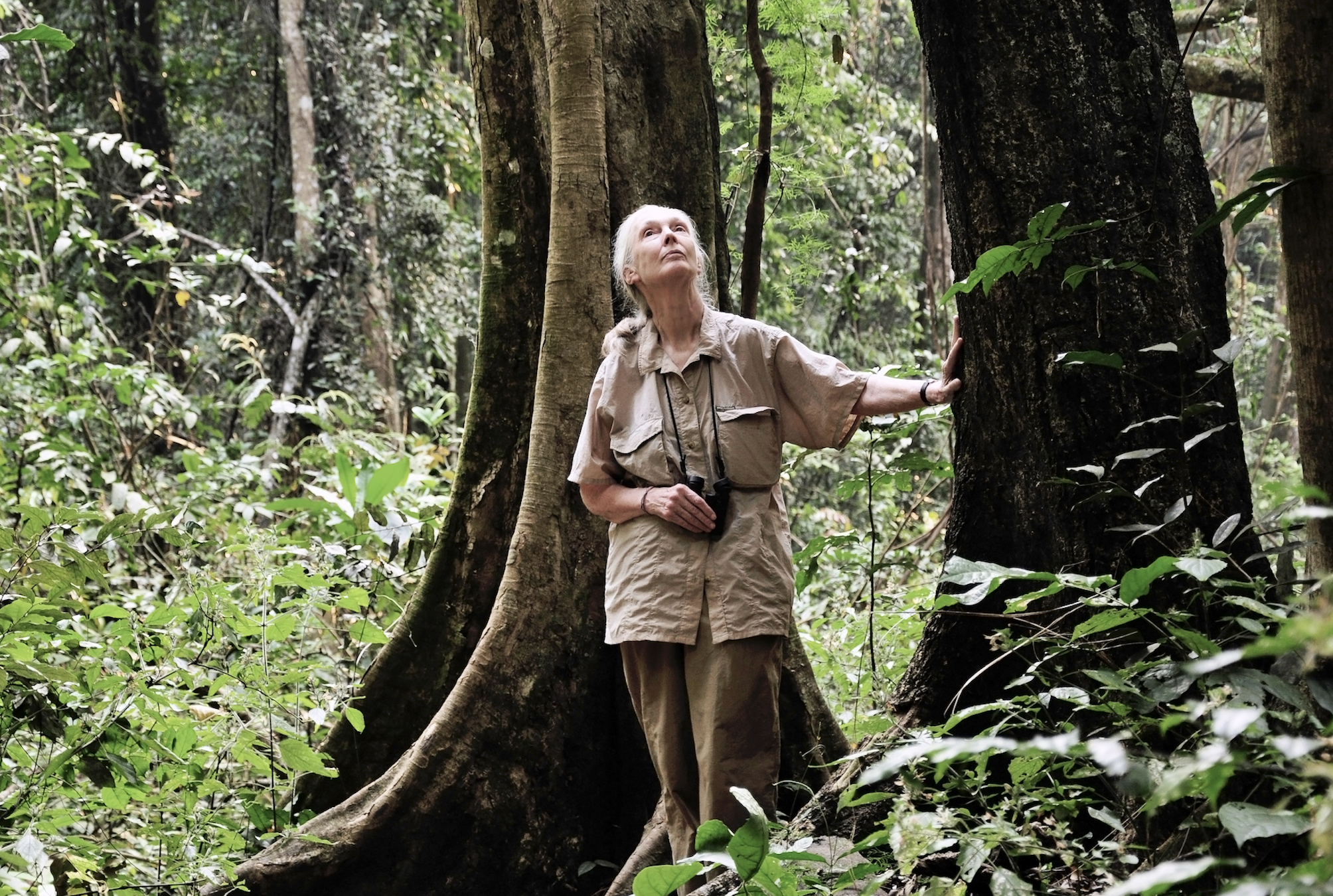Over 100 global NGOs and academics worldwide call for adoption of The Global Biodiversity Standard ahead of COP16
Over 100 NGOs, academics and private sector organisations worldwide have pledged their support to The Global Biodiversity Standard (TGBS), a certification scheme that provides independent verification that nature-based solutions are achieving their intended goals: protecting, enhancing and restoring biodiversity.

Photo credit: © Chase Pickering
- Over 100 NGOs, academics, and private sector organisations showcase their support for The Global Biodiversity Standard.
- The Standard, designed to identify mismanaged nature-based schemes, is expected to be formally launched at COP16.
- Signatories include Royal Botanic Gardens, Kew, Wildlife Conservation Trust, and academics from University of Cambridge, University of Sao Paulo, and University of Pennsylvania.
The Standard, which is expected to issue its first certificates at the UN Biodiversity Conference (COP16) in October, has been developed by a coalition of global experts to support the goals of the Kunming-Montreal Global Biodiversity Framework, adopted at COP15.
It is the culmination of decades of research, several years of testing on over 120 sites, and engagement with hundreds of biodiversity scientists across six continents.
One in three tree species are at risk of extinction.[1] However, many nature-based solutions to date, such as tree planting, have not only failed to integrate at-risk species but often do not record their impact at all.
Indeed, 90% of the world largest corporations that undertake ecosystem restoration fail to report a single ecological outcome and 0% quantify social or economic impacts on local stakeholders or traditional owners.[2]
The open letter, which is signed by NGOs and Universities including Wildlife Conservation Trust and the University of Sao Paulo, voices a collective concern about the state of biodiversity and outlines the potential of TGBS as a solution to reversing biodiversity loss.
Dr Grethel Aguilar, Director General, International Union for Conservation of Nature (IUCN)welcomes the Standard:
IUCN welcomes the TGBS as a tool to assess the impacts of tree planting and other nature-based initiatives on biodiversity and ecosystem integrity, providing assurance to financiers and policymakers, as well as assistance to practitioners.
Paul Smith, Secretary General, BGCI comments:
For years, we have watched as well-intended nature-based solutions have failed to effectively restore our declining ecosystems. This standard will change that. It has the backing of hundreds of global experts, including from countries that are facing significant biodiversity loss - like Kenya and Madagascar. It provides a hope that nature-based schemes can be a solution to the biodiversity crisis. That we can reverse the decline and restore our natural world.
Prof. Pedro Brancalion, Professor of Tropical Forestry at the University of São Paulo, and vice-coordinator of the Atlantic Forest Restoration Pact added:
Biodiversity is one of the most important outcomes of land management projects, but also one of the most challenging to assess thoroughly. TGBS plays an unprecedented contribution to the sector for establishing a comprehensive, standardized, and science-based set of standards for monitoring, which will shed light on the real impacts of restoration on biodiversity.
Prof. Alexandre Antonelli, Director of Science of Royal Botanic Gardens, Kew comments:
With its scientifically solid and locally adapted methodology, The Global Biodiversity Standard is the first international certification for ecosystem restoration with biodiversity and people at its core. We at the Royal Botanic Gardens, Kew, fully endorse the standard for all those initiatives that intend to make a positive, long-lasting change to our planet. We applaud the excellent work of Botanic Gardens Conservation International and are proud to have been a partner of this standard since its inception.
The methodology for the Standard can be found here.
A full list of signatures can be found here.
The Global Biodiversity Standard is an independent certification scheme developed by a coalition of global biodiversity experts that recognises projects which protect, enhance, and restore biodiversity.
With a standardised site-based assessment process, carried out by regional biodiversity hubs, and thorough certification criteria, projects must have demonstrable evidence of the nature-positive outcomes for ecosystems.
Botanic Gardens Conservation International (BGCI), with King Charles as its Patron, is the world’s largest plant conservation network, comprising more than 50 botanical institutions in over 100 countries. Established in 1987, BGCI is a registered charity with offices in the UK, US, Singapore, China and Kenya. BGCI leverages the expertise at botanic gardens worldwide for tree conservation with the Global Tree Assessment, BGCI’s Tree Conservation Fund and the Global Trees Programme.
[2] Timothy, Barlow, J., Bebbington, J., Cuckston, T., Rili Djohani, Garrett, R.D., Jones, H.P., Razak, T.B. and Nicholas (2023). Hold big business to task on ecosystem restoration. Science, 381(6662), pp.1053–1055. doi:https://doi.org/10.1126/science.adh2610.

